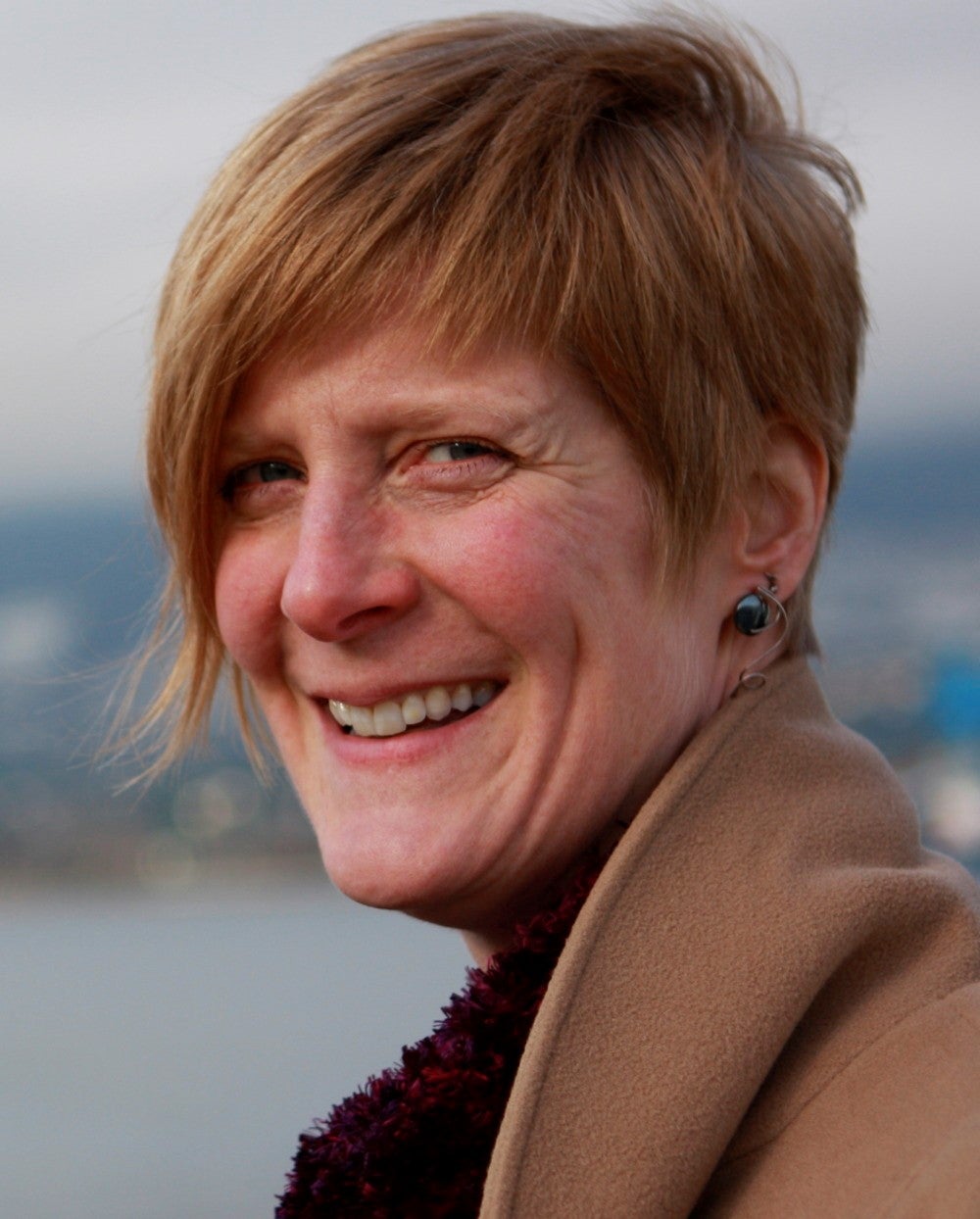
Email: bloemhof@uwaterloo.ca
Location: Hagey Hall Room 241
Bachelor of Arts (Specialized Honours Economics), University of Guelph
Master of Arts, Economics, Queen’s University
Doctor of Philosophy, Economics, McMaster University
Areas of Specialization: Institutional economics, especially in energy and regulatory contexts; experimental economics
Research interests
Institutional analysis; regulation; experimental economics; scholarship of higher education.
Biography
My research looks at how the rules that govern exchange between people influences both the amount and the distribution of benefits from that exchange. The rules are usually implicit in economic analyses, and yet they explain why two economies that are identical in tastes, technology and resources can have very different economic outcomes (an insight due to Douglass North). Understanding what happened and predicting what may happen when a regulation changes uses the method of institutional analysis popularized by Elinor Ostrom and others to explain phenomena such as the tragedy of the commons and rent seeking behavior. Themes of fairness and equity interest me, as do ways to improve regulation to better serve social welfare.
I specialize in classes that use a self-directed approach (problem-based learning, case-based learning, and inquiry). My research includes work exploring why these “rules of the learning environment” leverage people’s innate curiosity to foster and develop their resourcefulness and resiliency as learners. I currently teach ECON 472 Senior Honours Essay and Arts 140 in the Arts First program.
Selected publications
“Assessing Consumer Benefits in the Ontario Residential Retail Natural Gas Market: Why Marketer Entry Did Not Help,” Energy Policy 109 (2017), pp. 555-564.
“Inquiry-Based Learning in an Undergraduate Honours Program: Lessons from the Bachelor of Health Sciences Honours Program at McMaster University,” chapter 2 in Blessinger, P. and Carfora, J.M. (eds.), Inquiry-Based Learning for Science, Technology, Engineering, and Math (STEM) Programs: A Conceptual and Practical Resource for Educators (2015).
“Making the Case for Inquiry-Based Teaching in an Economics Curriculum,” chapter 18 in Blessinger, P. and Carfora, J.M. (eds.), Inquiry-Based Learning for the Arts, Humanities, and Social Sciences: A Conceptual and Practical Resource for Educators (2014), pp.413-428.
“Active Learning Strategies in Introductory Financial Accounting Classes,” final report for Higher Education Quality Council of Ontario, March 2013 (with Julia Christensen Hughes, PI).
“A Study of Writing Assignments in Selected Canadian Undergraduate Economics Programs,” Australasian Journal of Economics Education 9:1 (2012), pp. 40-58.
“Assessing Outcomes of Problem-based Learning in Economics,” In Poikela, E. & Poikela, S. (eds.), Competence & Problem Based Learning: Experience, Learning & Future. Rovaniemi, Finland: Rovaniemi University of Applied Sciences Publication A#3 (2012), 52-66.
“Authentic Assessment in a Sport Management Degree Granting Program: Design Elements for a Sport and Law Course,” International Journal of Sport Management and Marketing 4:2/3 (2008), pp.165-184 (with Hilary Findlay).
“Teaching Social Sciences Inquiry: It’s Not About the Content!” in Christopher Knapper (editor), Experiences with Inquiry Learning: Proceedings of a Symposium at McMaster University, October 1-3, 2004, Centre for Leadership in Learning, McMaster University (2007), pp. 31-36.
“Conservation is Smarter than Smart Meters in the Ontario Context,” Energy Analects, 11 October 2005.
“Designing ‘Student Experiences’ for Learning in Higher Education,” STLHE Newsletter 40 (May 2005), p. 6 (with Kristina Trim).
“Leading a Workshop for Teaching Assistants on Conflict Management,” Journal of Graduate Teaching Assistant Development 7:1 (1999), pp. 39-62 (with Diane Zorn).